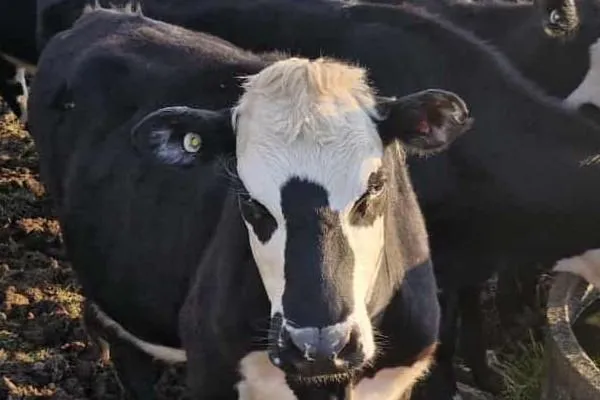
NAIT Questions Answered for Lifestyle Farmers
Introduction
When the National Animal Identification and Tracing (NAIT) system was introduced, it caused a lot of confusion, especially for lifestyle farmers with only a few animals. The questions asked in our forums showed just how unclear things were at the start.
The good news is that the rules are now well established, and compliance is straightforward once you know the basics. This Q&A brings together the most common questions lifestyle farmers ask about NAIT, with clear and up-to-date answers.
What is NAIT and why does it matter?
NAIT is New Zealand’s system for identifying and tracing cattle and deer. Every animal has an electronic ear tag, and all movements are recorded in a national database.
The system helps control diseases such as Mycoplasma bovis and tuberculosis (TB), and protects New Zealand’s biosecurity and food safety reputation.
Do lifestyle farmers need to register with NAIT?
Yes. If you own cattle or deer, even if you only keep one or two animals, you must:
Register as a person in charge of animals (PICA).
Register your property as a NAIT location.
There are no exemptions for small herds.
Which animals must be tagged and recorded?
Cattle and deer must be tagged with NAIT-approved RFID tags and recorded in the system.
Other livestock (sheep, goats, alpacas, pigs, etc.) are not covered by NAIT.
How do I register my animals?
Tag the animal with an approved NAIT RFID ear tag.
Register the tag number in the NAIT database.
Record key details such as the animal’s birth year and sex.
You can register online through the NAIT website.
You can buy RFID tags from Leader Products. If you choose LSB as your reseller, you’ll get special pricing, and your support helps keep this website up and running.
What happens if I sell or move cattle or deer?
Any time animals leave or arrive at your property, you must record the movement in NAIT. That includes:
Sending cattle to sale yards or processors.
Selling or gifting animals to another farmer.
Moving stock between your own blocks.
Both the sender and the receiver are responsible for recording the movement.
What if I don’t comply with NAIT rules?
Failure to comply can result in fines or prosecution. More importantly, it puts New Zealand’s biosecurity at risk.
More advice on your legal responsibilities as a lifestyle farmer can be found in our Legal Responsibilities area.
Where can I get help with NAIT?
The NAIT website has step-by-step guides.
Your vet can help with tagging.
If you’re new to livestock, our What You Need to Know to Keep Livestock course includes practical guidance on tagging, records, and compliance.
Conclusion
NAIT is an essential part of keeping cattle and deer in New Zealand, no matter how few animals you own. Once you know the rules, it’s easy to stay compliant.
For more practical tips, download our free guide, 10 Things I Wish I’d Known Before I Bought My Block.

